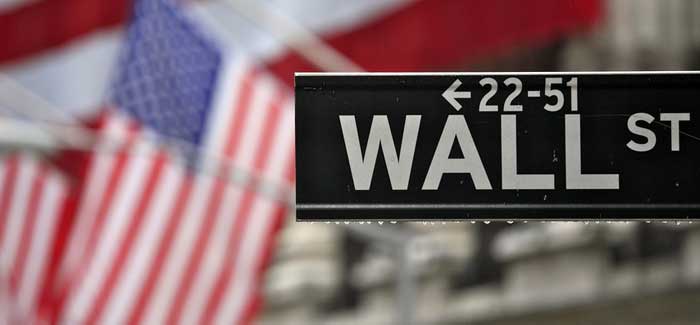
(Photography by Alex E. Proimos, CC BY-NC-2.0)
Jeff Connaughton, MBA’83, played the game and lost, coming to believe that it’s rigged against all but the most powerful interests.
Jeff Connaughton, MBA’83, was neither a pure idealist nor a partisan ideologue. He felt the romantic attraction of public service and the seduction of power, a swing voter who aspired to serve other people’s political ambitions. “I am the perfect number two guy,” he tells author George Packer in The Unwinding: An Inner History of the New America (Farrar, Straus, and Giroux, 2013).
As a University of Alabama sophomore in 1979, Connaughton fell under Senator Joe Biden’s charismatic spell during a speaking engagement in Tuscaloosa, “and he knew that he would end up following this man to the White House.” Biden has made it to within a heartbeat, but Connaughton’s own political journey ended in disillusioned heartbreak.
The romance faded fast. His first political job, after a brief stint on Wall Street, was as deputy national finance director on Biden’s 1988 campaign, which ended in disgrace after revelations of the candidate’s plagiarism. Connaughton stayed in the senator’s orbit, but on the margins. “He just didn’t have the moxie and the toughness to force his way into Biden’s inner circle,” Packer said during a May 30 talk at International House.
Connaughton became a self-described Professional Democrat, a creature of Washington’s back-scratching establishment. He went to law school and worked for Abner Mikva, JD’51, in the Clinton White House. As much as anything, in that role he learned the choreography of political power: “Connaughton came to believe that there were two kinds of people in Washington,” Packer writes, “those who crossed the room at a party to greet someone they knew, and those who waited for the other person to cross the room.”
Connaughton crossed the room—although he could never quite navigate the crowd between himself and the person waiting on the other side. He made his way working the room, so to speak, from the outside. After leaving government he went to work in 2000 for the lobbying firm Quinn Gillespie, a bipartisan shop. The company’s mantra was “we’re with the green party,” Packer said, “meaning we’re going to make money no matter who’s in office.”
In the course of Connaughton’s career, and The Unwinding’s unspooling narrative from about 1978 to the present, money becomes the dominant force in American life. “Jeff was one of the agents of that,” Packer said. “He got very rich because his firm got sold to a multinational. Then came the financial crisis. … He lost half of all his money he made, including on some ill-advised land purchases in Costa Rica.”
Compared to the other protagonists in The Unwinding, Connaughton endured the economic wreckage with relative ease, but the experience soured him on the financial industry’s influence over the Washington establishment. After Biden’s election as vice president, his chief of staff (and Connaughton’s former boss) Ted Kaufman assumed the vacated Delaware senate seat. Kaufman brought Connaughton with him to crusade for financial reform, Packer said, “almost like Don Quixote and Sancho Panza, to punish the banks.”
The punishment was all theirs, a legislative failure that propelled Connaughton out of politics and out of Washington to Savannah, Georgia. Last fall he published The Payoff: Why Wall Street Always Wins, a bridge-burning memoir that journalist Andrew Cockburn called “the most honest book I’ve read about Washington in years.”
Packer also found Connaughton honest in a “brutal and self-examining sort of way,” laying bare his missteps on a quest for power and the abuses he encountered. “It’s a dark picture of Washington. … It’s a story of how Washington became captive to organized money.”
